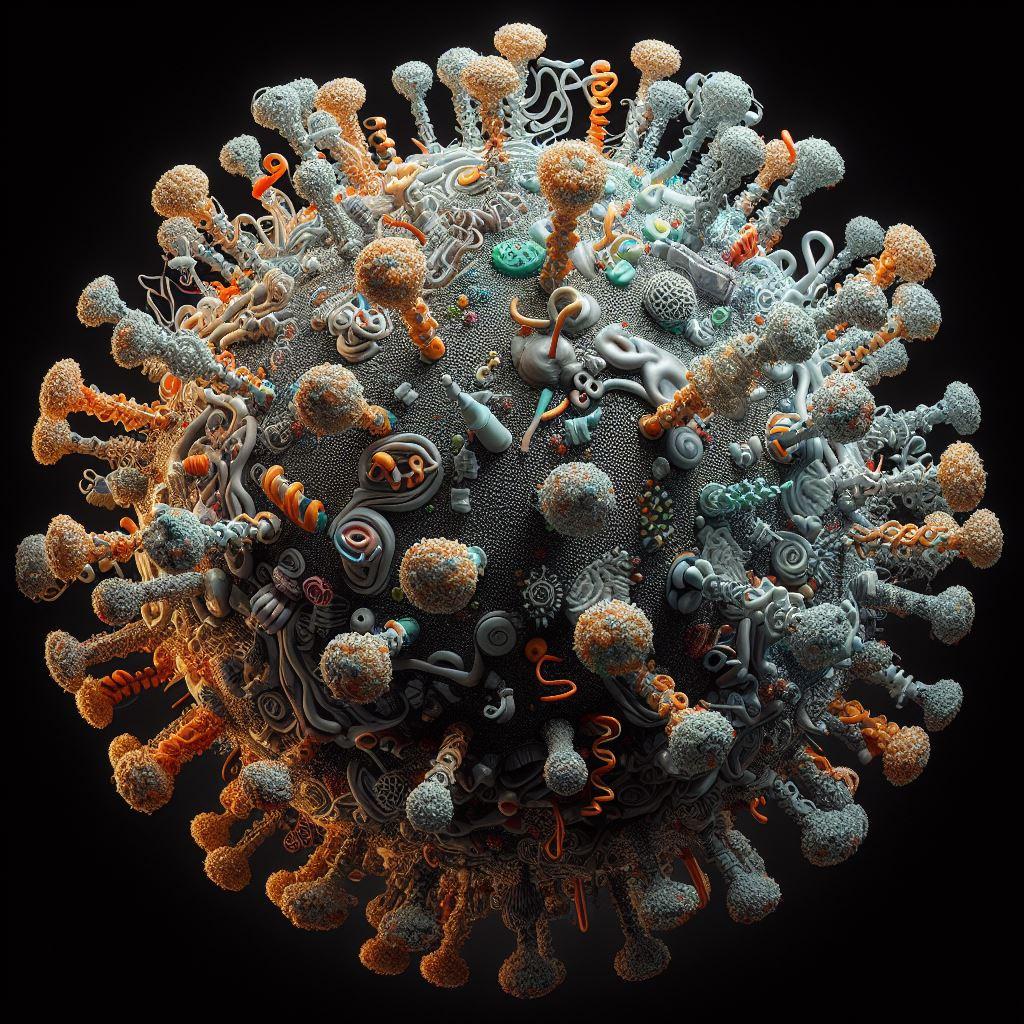AIDS, or acquired immune deficiency syndrome, is a chronic and potentially life-threatening condition caused by the human immunodeficiency virus (HIV). It weakens the immune system, making individuals more susceptible to infections and diseases.
AIDS is transmitted through the exchange of bodily fluids, such as blood, semen, vaginal secretions, and breast milk. Sharing needles, unprotected sex, and transmission from mother to child during childbirth or breastfeeding are common ways the virus spreads. AIDS has had a significant impact on public health and continues to be a global concern.
However, with advancements in antiretroviral therapy and increased awareness of preventive measures, the management and prevention of AIDS have improved. This comprehensive guide will provide insights into the causes, symptoms, prevention, and treatment of AIDS, empowering individuals with essential knowledge about this condition.
Understanding Aids
Aids is a complex disease that affects the immune system, leading to increased vulnerability to other infections and diseases. Understanding AIDS is crucial for prevention, safe practices, and supporting those living with the condition.
| AIDS is a serious health condition caused by HIV. | It weakens the immune system and leaves the body vulnerable to infections. |
| The Origin of AIDS is believed to be from non-human primates in Africa. | The Spread of AIDS is mainly through unprotected sexual contact or sharing needles. |
Impact Of Aids
AIDS has a significant impact on social and economic aspects of communities around the world. Socially, the stigma and discrimination associated with AIDS can lead to isolation and mental health issues for those affected. Additionally, the economic impact of AIDS is substantial, with a heavy burden on healthcare systems and the potential loss of productive members of society. These factors can contribute to a cycle of poverty and inequality in affected regions, further exacerbating the challenges associated with the disease.
Preventive Measures
- Practice safe sex and use condoms consistently.
- Get educated through educational programs to promote awareness.
- Get tested regularly for early detection and treatment.
- Avoid sharing needles and ensure medical equipment is sterilized.
- Support organizations that provide prevention services and treatment support.
Treatment And Management
- Antiretroviral Therapy: Antiretroviral therapy is the primary treatment for AIDS, consisting of a combination of medications that target the HIV virus to reduce its progression. Adherence to the prescribed regimen is key for its effectiveness.
- Supportive Care: Supportive care plays a vital role in managing AIDS symptoms and improving quality of life for patients. This includes nutrition counseling, mental health support, and regular monitoring of viral load and CD4 count.
Global Efforts And Challenges
International aid plays a crucial role in addressing the challenges of AIDS. It helps countries improve access to prevention, treatment, care, and support services. However, one of the greatest obstacles faced by AIDS programs is stigma and discrimination. The fear and ignorance surrounding the disease contribute to the marginalization of affected individuals and hinder efforts to control the epidemic.
To overcome this challenge, it is essential to promote awareness and education, dispelling misconceptions and promoting understanding. This can be achieved through advocacy campaigns, community dialogues, and inclusive approaches that involve people living with HIV/AIDS.
Efforts to combat AIDS on a global scale require a collaborative approach, involving governments, NGOs, and international organizations. Investment in research and development for new treatments and preventive measures is vital to progress. Additionally, promoting equitable healthcare systems ensures that everyone, regardless of their socio-economic background, can access the necessary services.
Addressing AIDS demands ongoing commitment and dedication from all sectors of society. By working together and implementing comprehensive strategies, we can strive towards an AIDS-free future for all.
Frequently Asked Questions On Aids
What Causes Aids?
AIDS is caused by the human immunodeficiency virus (HIV), which attacks the immune system, leaving the body vulnerable to infections and diseases.
How Is Aids Transmitted?
AIDS is primarily transmitted through unprotected sexual intercourse, sharing needles or syringes, and from mother to child during childbirth or breastfeeding. It can also be transmitted through blood transfusions with contaminated blood or organ transplant.
What Are The Symptoms Of Aids?
Symptoms of AIDS can include persistent fatigue, recurrent fevers, night sweats, unexplained weight loss, chronic diarrhea, and swollen lymph nodes. However, it's important to note that symptoms may vary from person to person and can take years to appear after HIV infection.
Can Aids Be Cured?
Currently, there is no cure for AIDS. However, antiretroviral therapy (ART) can effectively control the virus, allowing people with HIV to live long and healthy lives. It is crucial for individuals with HIV to adhere to their treatment regimen and receive regular medical care.
Conclusion
The fight against AIDS is ongoing and crucial for global health. By raising awareness and promoting prevention, we can work towards eradicating this disease. Support organizations, get tested regularly, and educate others to make a positive impact. Together, we can make a difference and strive for a healthier future.


No comments yet